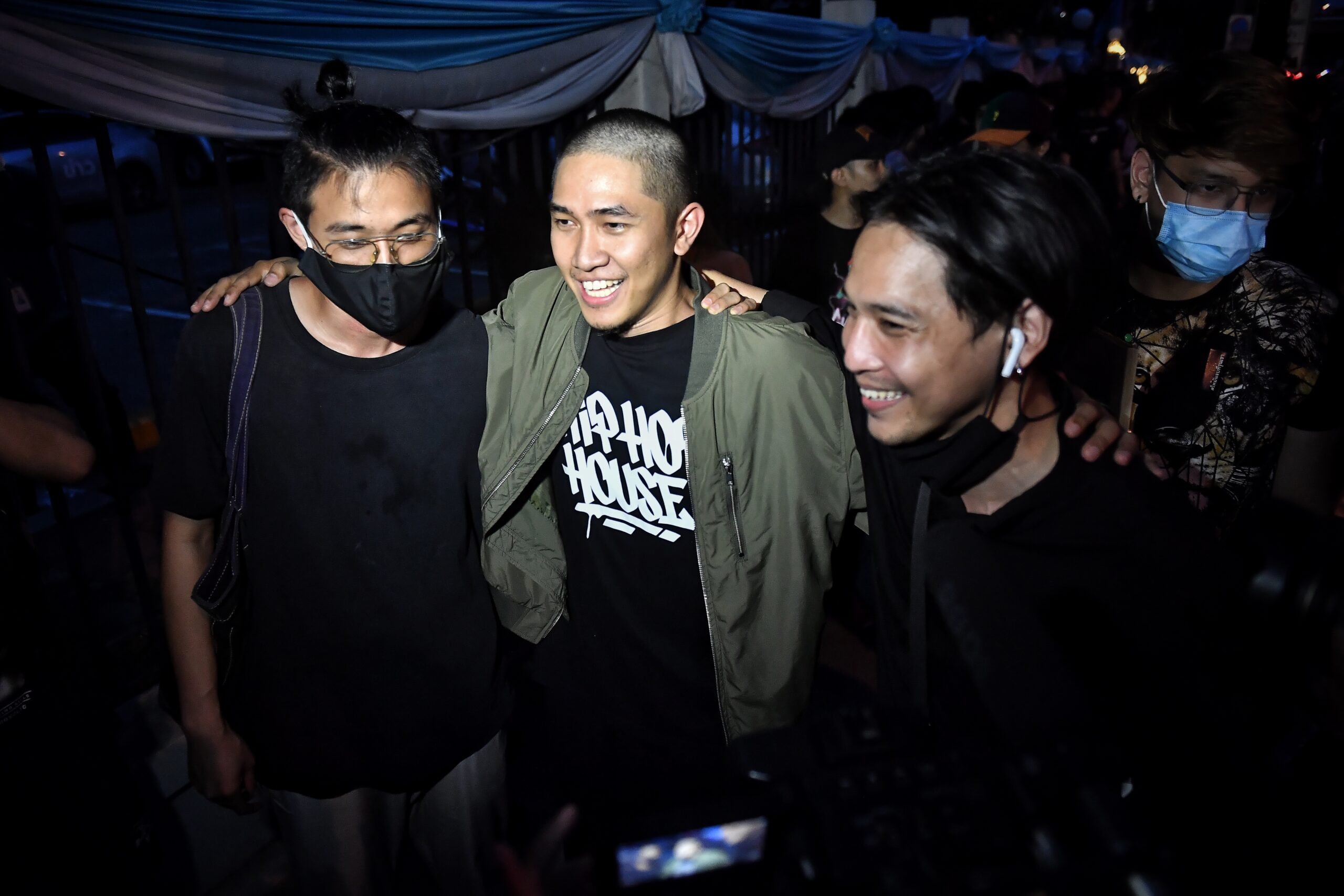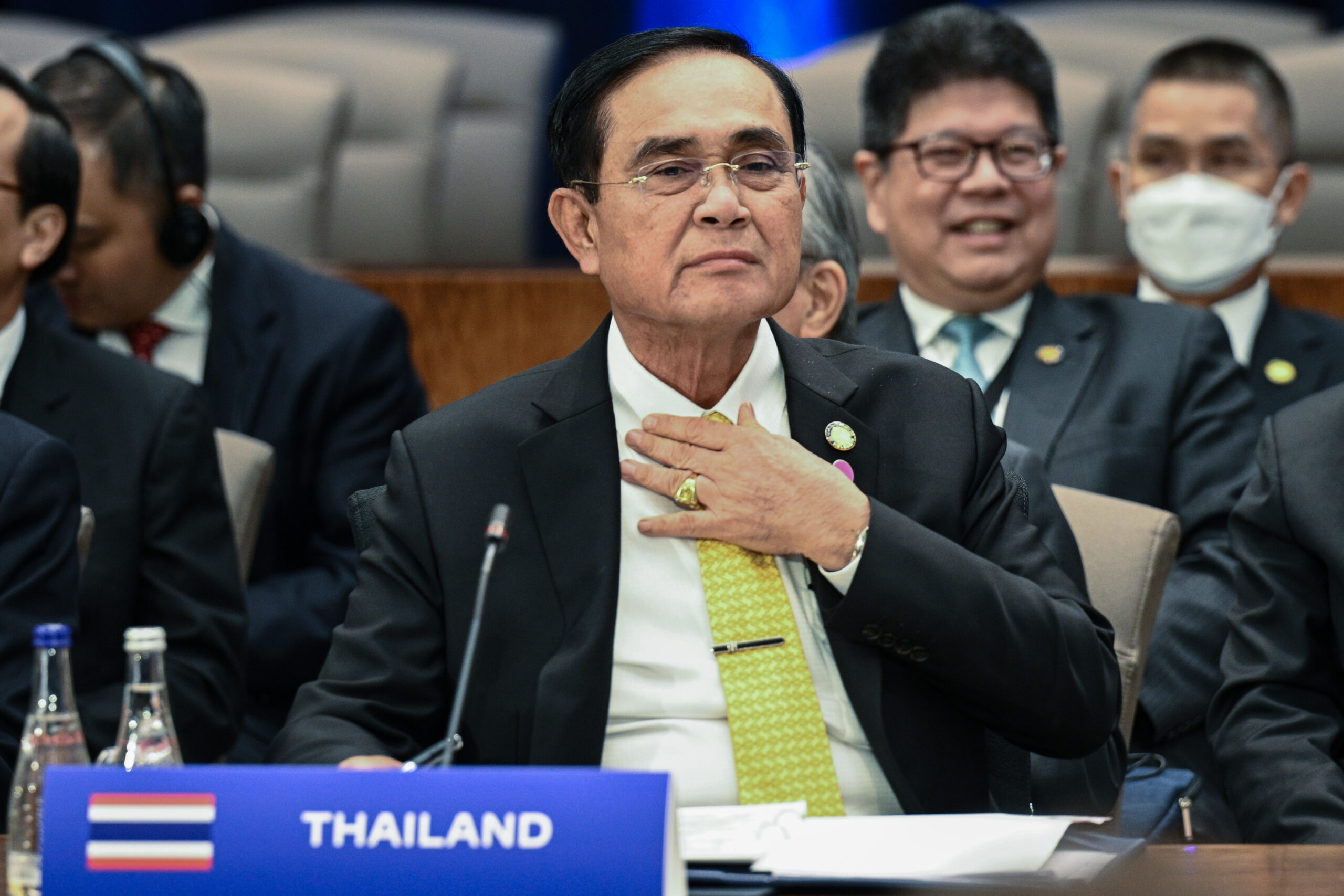Thailand’s soft power potential has hit recent headlines. After Thai rapper Danupha Khanatheerakul, also known as “Milli,” ate a portion of mango sticky rice while performing at California’s Coachella festival in April, the popularity of the traditional Thai dessert soared.
Thailand has cultivated a useful mass of soft power – the ability to exert influence through attraction or persuasion instead of coercion – through its local traditions, culture and reputation for hospitality. However, according to the 2022 Global Soft Power Index, measured by seven supporting pillars including trade, governance, international relations, culture, media, communications, education, and values, the Kingdom dropped to 35th of out 120 countries surveyed, a fall of two places from 2021.
One aspect of the Index’s methodology is governance, where leadership, political stability, low levels of corruption and respect for human rights and the rule of law are key indicators. Here, Thailand performs terribly. The country’s cultivation of soft power is contrasted with other less desirable characteristics, which undermine its ability to utilise and maximise soft power gains.
The power of Thailand’s military-backed government to swoop in and crack down on any perceived threat has repressed a fertile environment for music and creativity to flourish. For every Milli that makes their way to Coachella, there are artists such as Rap Against Dictatorship, a group which caught the government’s attention when one of its songs, ‘prathet ku mi’ (“My country has”) reached 20 million views after just a few weeks. Their song “Reform” was later banned from viewing on YouTube by the Thai government after a legal complaint.
Dechathorn, from the same rap group, was recently warned by Apple that his smartphones could be targeted by state-sponsored hackers. At the centre of the scandal was Israeli spyware maker NSO Group, whose Pegasus software enabled itto target iPhones.
Creativity, an essential ingredient in this variety of soft power, requires an enabling environment. Thailand’s repressive government makes individual successes like Milli’s feel like more of an anomaly than a normal occurrence.

A leader like Thai Prime Minister Prayut Chan-o-cha, who mocks the free press, and threatens protesters with “all laws and all articles” including lèse majesté, an offence covering insult to the monarch or monarchy, is not one who can effectively elevate Thailand’s soft power. The Kingdom’s indifference to human rights is fast becoming common knowledge worldwide, in a situation similar to China’s where vast cultural soft power is considerably diminished by headline-dominating stories of state repression of Uyghur Muslims in Xinjiang, an authoritarian crackdown in Hong Kong and the lingering threat of an invasion of Taiwan.

Thailand has to coordinate its soft power approaches. Attitudes, consumer behaviour, and social norms are far more complicated matters than hard power strategies. Hard power is the ability to persuade others by coercion, through either economic, political or military means. Soft power is a more nuanced process than calculating a cost-benefit analysis, devising a strategy, then a matter of implementation. People are complex and react to messaging differently. And, as shown by China, hard power approaches and soft power implementation often collide.
Tokyo was previously associated with imperialism and occupation, as well as a business culture that was regarded as exploitative. The National Student Centre of Thailand called Japan the “only country in the world which is labelled by almost every other country as an economic animal which loves to invade the economies of other countries” in 1972. Despite political turmoil in Thailand, Japan spent decades restoring its image through soft power means, and now continues to enjoy repeat visitors from the Kingdom.
In contrast, Thailand’s soft power gains are tempered by decades of political instability and a less than stellar international reputation.
Thailand should regard soft power as a long-term strategy rather than a piecemeal approach based on current trends and fads. It is unlikely that Milli’s mango sticky rice temptation will bolster Thai soft power in the near term. Government plans have been sparse or detached. As creative industries are a growing part of Thailand’s economic development, the government established the Creative Economy Agency (CEA) in 2012. However, while stimulating more than 15 sectors of the economy including fashion, the CEA has yet to tie any of them to a cohesive national soft power strategy on par with that of South Korea, or India.
Thailand’s soft power reach need not be global. An established Thai soft power persona could establish Bangkok as a creative regional hub for television and streaming content, art, music, theatre and more. However, Thailand has yet to learn that creative freedom must also come with intellectual and political freedoms. Prayut has used soft power opportunities to promote Thai nationalism, which can be as corrosive as it can be historically intriguing. His recent promotion of the Rattanakosin Era is also controversial as it also glorifies a period of absolute monarchy. The period was also punctuated by wars with the Burmese and Lao kingdoms, a favourite topic among Thai right-wing nationalists.
For Thai soft power to coalesce into something greater, it requires patience, time, and a coordinated approach, driven by individuals and private enterprise, and supported by government resources. It’s unclear whether Prayut and the current government have the temperament to nurture soft power without undermining it for political reasons or hard power pursuits. In the meantime, shops experiencing an uptick in mango sticky rice sales should count their blessings while they last.
Mark S. Cogan is an associate professor of Peace and Conflict Studies at Kansai Gaidai University in Osaka, Japan. He is a former communications specialist with the United Nations in Southeast Asia, Sub-Saharan Africa and the Middle East.


